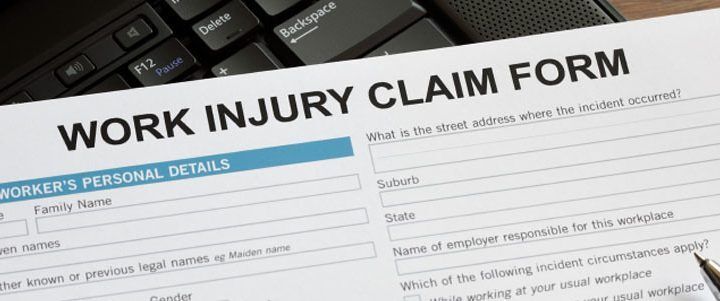This article is to discuss injured Workers’ stressors and a recent study on the matter. Prior to reviewing the study, I took it upon myself to list the stressors based upon my 28 years of representing Injured workers. The following is my assessment of stressors for Injured Workers while they are pursuing their claims are as follows:
Dealing with medical facilities and doctors
Being out of work
Dealing with your employer
Dealing with insurance
Dealing with attorneys
Dealing with litigation
Dealing with the Workers’ Compensation Appeals Board
Wow! Injured Workers have a lot of stressors!
As I indicated, a study was recently done which sheds some additional light on the stressors of injured workers. Is my assessments correct? Are there other items of concern?
Are Injured Workers Stressed Out?
Yes. The study found that the “[t]he prevalence of psychological distress among workers’ compensation claimants is high.” Collie, A., Sheehan, L., Lane, T.J. et al. Psychological Distress in Workers’ Compensation Claimants: Prevalence, Predictors and Mental Health Service Use. J Occup Rehabil 30, 194–202 (2020). https://doi.org/10.1007/s10926-019-09862-1
What Did the Study Find as Being Stressors?
Severe psychological distress, being off work, worse general health and requiring support during claim were most strongly associated with greater odds of service use. Collie, A., Sheehan, L., Lane, T.J. et al. Psychological Distress in Workers’ Compensation Claimants: Prevalence, Predictors and Mental Health Service Use. J Occup Rehabil 30, 194–202 (2020). https://doi.org/10.1007/s10926-019-09862-1
Are Injured Workers more stressed out than other People?
Yes. According to the Study, it was found. Collie, A., Sheehan, L., Lane, T.J. et al. Psychological Distress in Workers’ Compensation Claimants: Prevalence, Predictors and Mental Health Service Use. J Occup Rehabil 30, 194–202 (2020). https://doi.org/10.1007/s10926-019-09862-1
What Were the Factors that the Study Found as Stressful?
The study found “being off work, poor general health, low work ability, financial stress, stressful interactions with healthcare providers and having diagnosed mental health conditions had the strongest associations with presence of psychological distress Collie, A., Sheehan, L., Lane, T.J. et al. Psychological Distress in Workers’ Compensation Claimants: Prevalence, Predictors and Mental Health Service Use. J Occup Rehabil 30, 194–202 (2020). https://doi.org/10.1007/s10926-019-09862-1
One additional item that came out of the study that caught me by surprise that Injured Workers with prior psychological issues are susceptible to increased stress.
Can an Injured Worker Claim This Stress as Part of Their Claim?
With changes in the law, psychiatric injury claims are limited. Further, stress resulting from litigation is mostly considered as non-industrial. In certain limited facts, stress may be claimed. It is a factual inquiry.
Is There Case Law Re: Stress from Litigation?
Yes. The Courts have found that a psychiatry injury caused as a result of the litigation process is not work-related. Rodriguez v. Workers’ Comp. Appeals Bd. (1994) 21 Cal.App.4th 1747 [27 Cal.Rptr.2d 93]. There are some limited exceptions. See Patrick v. Marina City Club, 2010 Cal. Wrk. Comp. P.D. LEXIS 19 (carrier misconduct as the basis for stress)
What Should An Injured Worker Do?
Injured Workers should approach matter on multiple levels. One level is to seek medical attention and/or counseling for one’s stress. Another level is to address the situations that are causing the stress. This can include changing doctors, getting an attorney, addressing the employment situation is a substantial way and perhaps opening up to a friend or family member to get this stress off their chest. Also, if you are unrepresented, contacting the Information and Assistance Officer at the local WCAB may be helpful. Also, your company may may have an Employee Assistance Program which can help as well.
In sum, if an Injured Worker is having stress, there is help and solutions out there. Don’t try to go it alone.
What if I Need Advice?
If you would like a free consultation regarding workers’ compensation, please contact the Law Offices of Edward J. Singer, a Professional Law Corporation. We have been helping people in Central and Southern California deal with their workers’ compensation cases for 27 years. Contact us today for more information.




